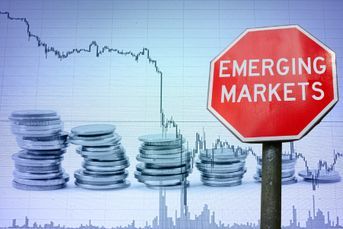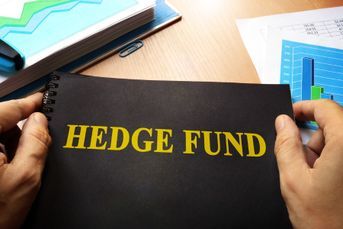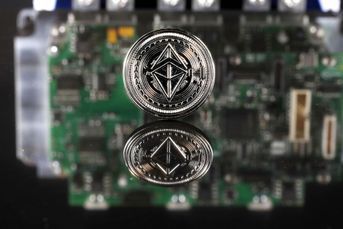BlackRock joins $46 billion Japan pullout
This year foreign traders have been pulling out of Tokyo's stock market for 13 straight weeks, the longest stretch since 1998.
For global equity investors and Shinzo Abe, it’s splitsville.
Starting in the first days of 2016, foreign traders have been pulling out of Tokyo’s stock market for 13 straight weeks, the longest stretch since 1998. Overseas investors dumped $46 billion of shares as economic reports deteriorated, stimulus from the Bank of Japan backfired and the yen’s surge pressured exporters. The benchmark Topix index is down 17% in 2016, the world’s steepest declines behind Italy.
Losing the faith of foreigners would be a blow to the Japanese prime minister — they’re the most active traders in a market Mr. Abe has held up as a litmus on his growth strategies. “Japan is back,” and “Buy my Abenomics!” he proclaimed during a visit to the New York Stock Exchange in September 2013, when shares were marching to an eight-year high. Now about half of those gains are gone and BlackRock Inc., the world’s largest money manager, is among firms ending bullish calls on Japan equities.
“Japan has been disappointing,” said Nader Naeimi, Sydney-based head of dynamic markets at AMP Capital Investors Ltd., which oversees about $115 billion. He’s a long-time fan of Tokyo equities who says he’s now looking for opportunities to sell. “A lot of people are starting to doubt Abenomics.”
DEFLATION FEARS
While markets elsewhere are climbing back from a global selloff, investors in Japan see fewer reasons for optimism. Growing concern that Abenomics — the three-pronged strategy of fiscal and monetary stimulus and structural reform — is falling flat has spurred speculation the nation will slip into deflation, setting back efforts to end three decades of malaise.
Masahiro Ichikawa, a senior strategist at Sumitomo Mitsui Asset Management Co., fears a downward spiral. Foreigners are needed to boost the stock market, and if equities don’t rise the public will lose confidence and curb spending, as he sees it. That could send Japan back into deflation. “If foreigners don’t come back, the future of Abenomics could be jeopardized,” he said.
Overseas investors, which account for about 70% of the value traded in Tokyo shares, bought a net 18.5 trillion yen between 2012 and 2015. Global fund managers, which were negative on Japanese shares for almost all of the five years before Abe came to power, have been overweight every month since, according to a Bank of America Corp. Merrill Lynch survey.
Now that bullishness is dissipating. Overweight positions on Japanese stocks fell for a third straight month in March, with investors’ outlook on the economy dimming and concern over earnings growing, the Merrill Lynch survey showed. They’ve sold a net 5 trillion yen since the second week of January, the longest stretch since 16 weeks of selling in 1998 and the most in records going back to 1993.
Learn more about reprints and licensing for this article.








